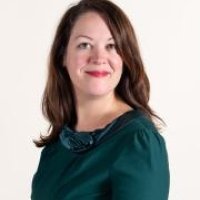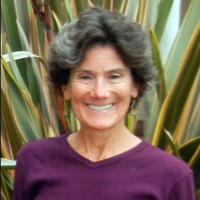The Poverty of the World: Rediscovering the Poor at Home and Abroad, 1941-1968
In the middle of the twentieth century, liberal intellectuals and policymakers in the United States came to see poverty as a global problem. Applying Progressive era and Depression insights about the causes of poverty to the post-World War II challenges posed by the Cold War and decolonization, they developed new ideas about why poverty persisted. The problem, they argued, was that the poor at home and abroad were alienated from the enormous opportunities industrial capitalism provided. Left unsolved, that problem, they believed, would threaten world peace.
In The Poverty of the World, Sheyda Jahanbani brings together the histories of US foreign relations and domestic politics to explain why, during a period of unprecedented affluence, Americans rediscovered poverty and supported major policy initiative to combat it. Revisiting a moment of triumph for American liberals in the 1940s, Jahanbani shows how the US's newfound role as a global superpower prompted novel ideas among liberal thinkers about how to address poverty and generated new urgency for trying to do so. Their sense of responsibility about deploying American knowledge and wealth as a beneficent force in the world, produced such foreign aid programs as the Peace Corps. As Americans came to recognize the problem beyond the country's borders, they turned the idea of "underdevelopment" inward to explain poverty in urban neighborhoods and rural communities at home, inspiring Lyndon Johnson's War on Poverty and his domestic peace corps, Volunteers in Service to America (VISTA).
Drawing on a wide variety of archival material, Jahanbani reinterprets the lives and work of prominent liberal figures in postwar American social politics, from Oscar Lewis to John Kenneth Galbraith, Michael Harrington to Sargent Shriver, to show the global origins of their ideas. By tracing how American liberals invented the problem of "global poverty" and executed a war against it, The Poverty of the World sheds new light on the domestic impacts of the Cold War, the global ambitions of American liberalism, and the way in which key intellectuals and policymakers worked to develop an alternative vision of US empire in the decades after World War II.
Sheyda Jahanbani, a scholar of US foreign relations and global and international history in the 20th century in the Department of History at the University of Kansas, received her B.S.F.S. from Georgetown University’s Edmund G. Walsh School of Foreign Service and her Ph.D. from Brown University. Her first book, The Poverty of the World: Rediscovering the Poor at Home and Abroad, 1941-1968, was published by Oxford University Press in 2023 and received the Stuart L. Bernath Prize for Best First Book from the Society for Historians of American Foreign Relations, the Merle Curti Prize in Intellectual History from the Organization of American Historians, the Center for Presidential History’s Distinguished Book Award, and the Vice Chancellor for Book Research Publication Award from the Hall Center for the Humanities at the University of Kansas. An award-winning teacher, she is currently writing a history of “global citizenship” during the Cold War as well as working on a digital history project to capture the experiences of US international development and nation-building endeavors in the decades after 1968.
The Washington History Seminar is co-chaired by Eric Arnesen (George Washington University) and Christian Ostermann (Woodrow Wilson Center) and is organized jointly by the American Historical Association and the Woodrow Wilson Center's History and Public Policy Program. It meets weekly during the academic year.
Speaker

Panelists


Hosted By

History and Public Policy Program
A global leader in making key archival records accessible and fostering informed analysis, discussion, and debate on foreign policy, past and present. Read more
